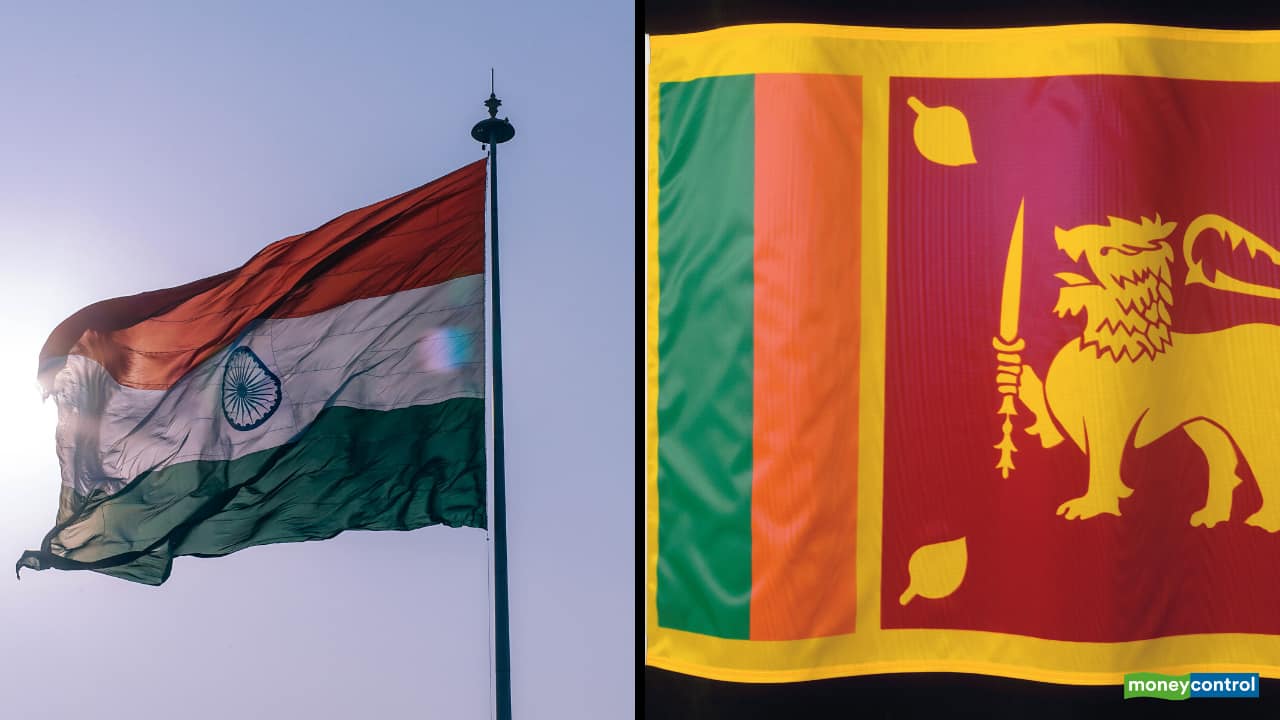 |
|
The recent visit by Sri Lankan President Anura Kumara Dissanayake to India marks a significant development in the complex geopolitical landscape of the Indian Ocean region. Dissanayake's assurance to Prime Minister Narendra Modi that Sri Lanka will not allow its territory to be used against India's interests directly addresses escalating concerns regarding China's growing influence in the region, particularly concerning the Hambantota port. This assurance, delivered during Dissanayake's maiden overseas visit since assuming office, underscores the importance Sri Lanka places on its relationship with India and its desire to balance its ties with competing global powers.
The Hambantota port, leased to China for 99 years after Sri Lanka defaulted on a significant loan, has become a focal point of strategic competition between India and China. The docking of Chinese naval and research vessels at the port has repeatedly triggered tensions, underscoring India's security concerns. The Sri Lankan government's commitment to not allow the port's use against India represents a significant concession, intended to alleviate these concerns and foster a more stable relationship. This reassurance is crucial, given India's vital security interests in the region and its commitment to maintaining a stable and secure maritime environment.
Beyond the immediate concerns surrounding Hambantota, the visit also signaled a broader strengthening of India-Sri Lanka ties. Both countries have agreed to fast-track a defense cooperation pact and enhance energy cooperation through initiatives like electricity grid connectivity and multi-product petroleum pipelines. These initiatives represent a significant expansion of bilateral cooperation beyond security concerns, extending into areas crucial for economic development and energy security. The collaboration reflects a shared desire to deepen economic integration and create a mutually beneficial partnership. This move could be seen as a counterbalance to China's economic presence in the region and could serve as a foundation for a more robust and reliable economic partnership.
The strategic implications of this renewed partnership extend far beyond the bilateral relationship. The Indian Ocean region is a vital maritime trade route, and the stability of the region is crucial for global commerce. India's strengthened partnership with Sri Lanka can contribute to regional stability and help to mitigate the potential for conflict. By reassuring India of its commitment to non-hostile actions and proactively developing closer economic ties, Sri Lanka is seeking to navigate the complexities of balancing relationships between two major global powers. This approach seeks to maximize economic opportunities while also maintaining regional security, a delicate balance in a region of growing geopolitical significance.
However, the situation remains complex. China's significant economic investment in Sri Lanka, evidenced by the Hambantota port lease, continues to be a factor. While Sri Lanka's assurances to India are significant, the long-term success of this approach will depend on the ability of Sri Lanka to manage its relationships with both India and China, avoiding actions that might jeopardize its relationship with either. The future success of this strategy will hinge upon the ability of Sri Lanka to balance its economic needs with its security concerns and maintain a delicate balance in its relations with the world's two most populous nations. The ongoing geopolitical dynamics in the region suggest that this will require continued diplomacy and careful strategic maneuvering by all parties involved.
Source: Sri Lanka's big assurance to India amid Chinese influence in Hambantota port
